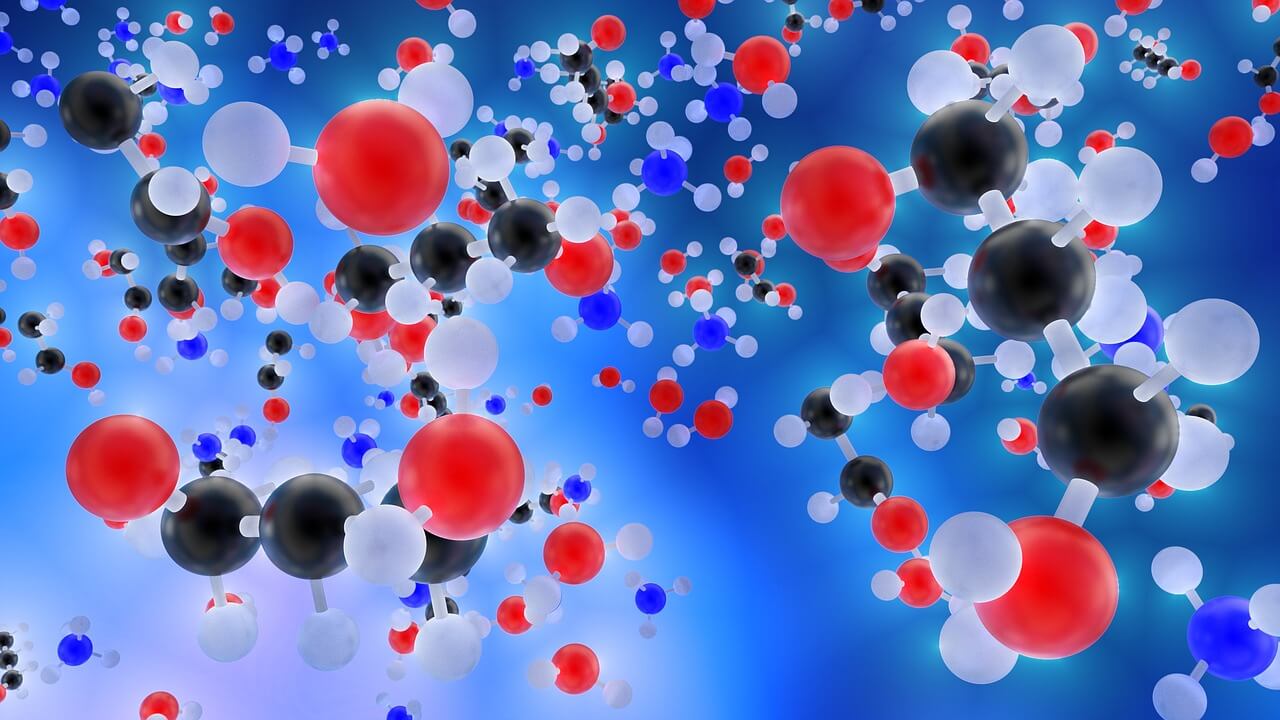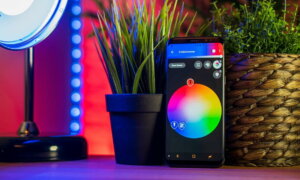We’re used to seeing information, translated in ones and zeros, stored on magnetic platters that make up physical hard drives. But did you know that chemicals can also store information? Scientists just discovered the power of a chemical memory unit (“chit”) #securemagic
Scientists at the Institute of Physical Chemistry of the Polish Academy of Sciences (IPC PAS) in Warsaw studied chemical droplets and found out that they could keep information safe, too. In fact, three droplets could make a “chit”, a one-bit chemical hard drive.
“Our idea for the chemical storage of information was simple. From our previous experiments we knew that when Belousov-Zhabotinsky droplets are in contact, chemical fronts can propagate from droplet to droplet. So we decided to look for the smallest droplet systems in which excitations could take place in several ways, with at least two being stable. We could then assign one sequence of excitations a logic value of 0, the other 1, and in order to switch between them, that is, to force a particular change of memory state, we could use light,” explains Prof. Gorecki.
The reactions between the droplets are enough to trigger others in a row, continuing forever and ever. Two catalysts influence the reaction, the second one making it light sensitive.
And… here is where it gets interesting. When blue light is thrown in the mix, the sensitivity to light of the reaction stops the oscillations so scientists can effectively control it. Once it’s stable, it can make chemical “computing” a reality. No more traditional bits to speak of.
This type of chemical memory, where chit is the most basic unit, can only store information. Reading and writing data is a whole different story. Researchers will need a lot of time and resources to develop something like that. Once they will do, it will completely change the way we use technology today. Until then, we’ll need to be patient. Very patient.
Follow TechTheLead on Google News to get the news first.






















